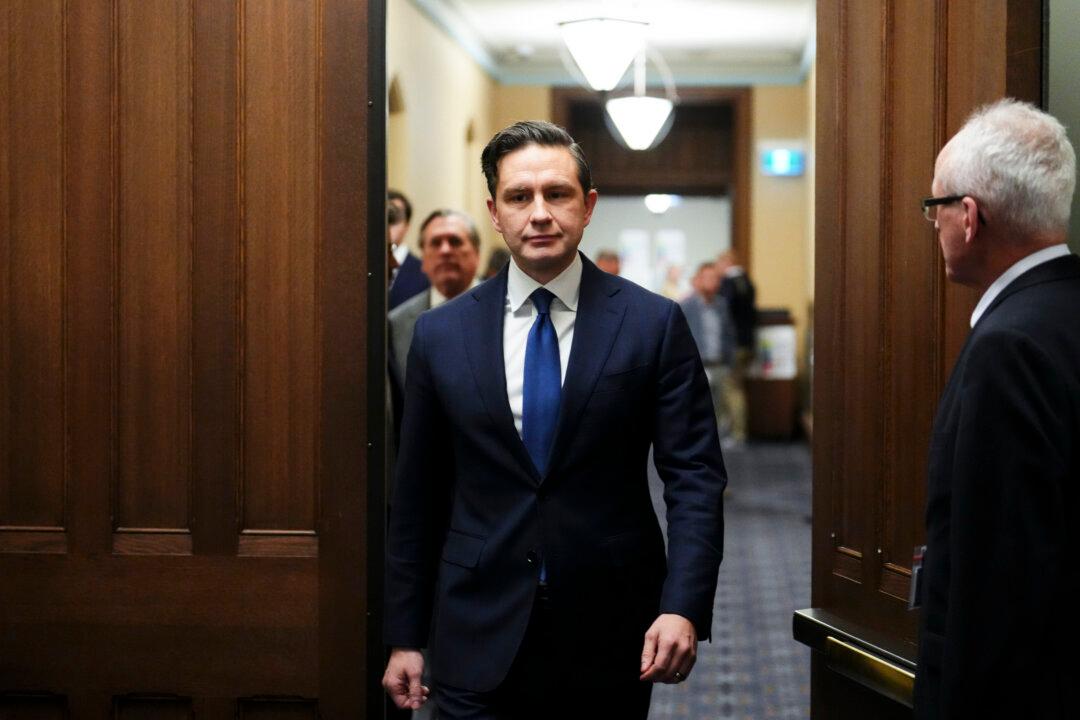Canada’s intelligence agency says it will share with Conservative Leader Pierre Poilievre “some information” on foreign interference through a “threat reduction measure” that removes the need for him to obtain a top-level security clearance. This clearance is something the federal government has insisted opposition leaders obtain in order to gain full access to relevant classified documents.
In an email statement to The Epoch Times on Dec. 8, the Canadian Security Intelligence Service (CSIS) says it has determined that the “the disclosure of some information to the Leader of the Official Opposition through a threat reduction measure is appropriate.”





